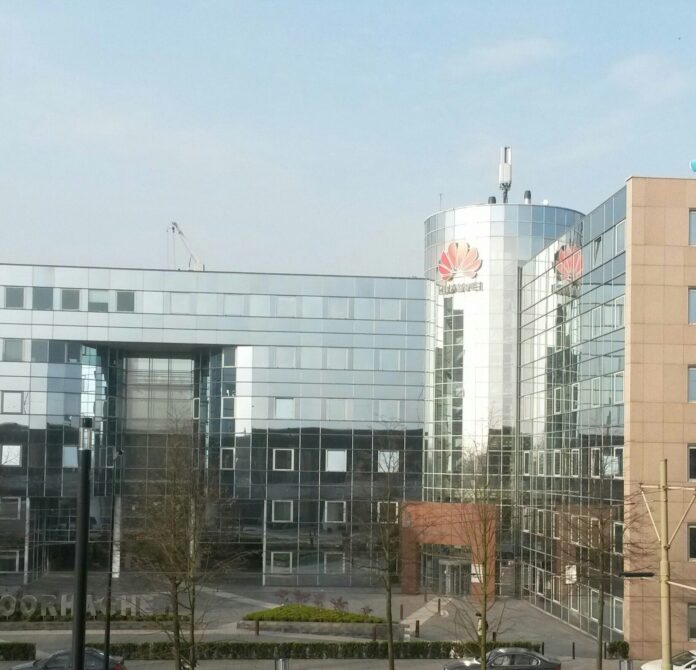Small Cell Forum CEO says small cells creating nearly $1 billion in annual revenue
BARCELONA, Spain – The advent of smartphones and increased availability of mobile broadband networks have fundamentally changed the way people live and work. And with demand for data growing at a tremendous pace, small cells are seen as a key element for meeting growing demand.
“I really believe small cells will be the most important technology for the future,” said Dr. Ying Weimin, president of Huawei’s Research and Development Center and Wireless Production Line, at this week’s Small Cell Summit held Feb. 21 in Barcelona, Spain. “Just like air and water, where there are people there is a mobile network. In 2020, there will be more than 6.7 billion mobile broadband subscribers. Throughput for every user will be up to 1 gigabit per second. All these demands raise very big challenges. We believe small cell will be a very important solution to cope with all these challenges. The small cell can be a very useful solution.”
As an example, Huawei said its partnered with Brazilian telecom operator Vivo and a local bus company to conceal antennas in a move to support users in an area of 1.3 billion square meters. Sue Monahan, CEO of the Small Cell Forum, used the Rio deployment as an example meant to help other operators more easily deploy small cell solutions.
“Our mission is to close that gap and help drive and accelerate adoption,” Monahan said. “I’m happy to report that we have now crossed the chasm. That’s thanks to companies like Huawei and their early adopter customers and to the diligent work of the Small Cell Forum. This is a very big business. There were significant growth numbers last year. We’re close to a $1 billion industry in revenue for small cells.”

